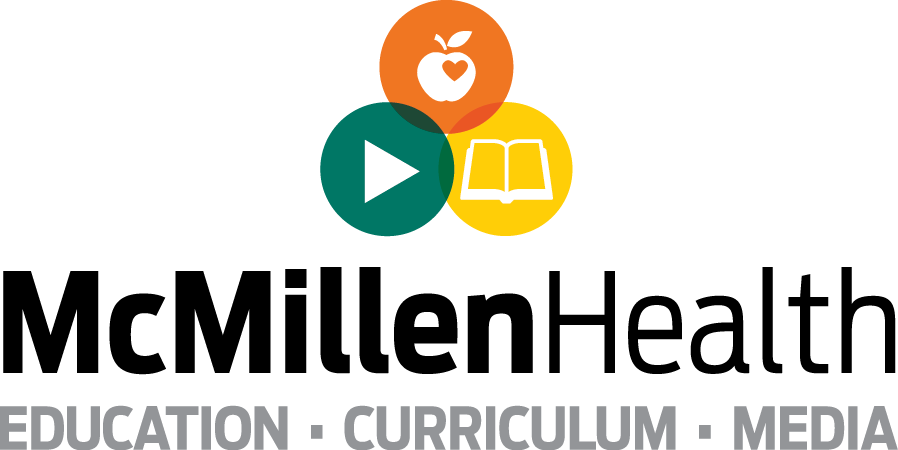Understanding Nutrients: Types, Function, and Nutrient FAQs
What are Nutrients?
Nutrients are the chemical compounds in our food. Nutrients are split into two categories: macronutrients and micronutrients.
Macronutrients are nutrients we need in larger amounts. Micronutrients are nutrients we only need in tiny amounts.
Why Do We Need Nutrients?
We depend on nutrients to stay alive and to support our physical health. Nutrients fuel, repair, and build the cells that make up our organs.
We need nutrients for our bodies to function. All our body systems depend on nutrients for energy, growth, and development.
What are the Different Types of Nutrients?
Nutrients are separated into two categories: macronutrients and micronutrients.
Macronutrients include carbohydrates, proteins, fats, and water. Micronutrients include vitamins and minerals.
Macronutrients
Macronutrients are nutrients we need in large amounts. This includes carbohydrates, proteins, fats, and water.
Foods are usually classified by the primary macronutrient found in the food. But foods can contain more than one macronutrient. For example, broccoli is a carbohydrate that contains small amounts of protein.
Carbohydrates
Carbohydrates are made of sugar, starch, and fiber. Carbohydrates, also called carbs, give us energy and help us digest food.
Sources of Carbohydrates
Grains
Fruits
Vegetables
Beans
There are simple carbohydrates and complex carbohydrates.
Sugar is a simple carbohydrate. The body can quickly break down simple carbohydrates to use for energy.
Complex carbohydrates, including starch and fiber, take longer for our bodies to break down. The slow breakdown of complex carbohydrates gives us energy over time.
Protein
Protein is made of amino acids. Protein helps us build and repair cells.
Sources of Protein
Meat
Fish
Legumes (beans and lentils)
Eggs
Dairy foods
Nuts
Seeds
Fats
Fats are made of lipids, also known as fatty acids. Fats give us energy and help our cells work.
Sources of Fat
Meat
Oils
Butter
Ghee
Lard
Fish
Cheese
Nuts
Avocados
The three types of fatty acids are saturated fats, unsaturated fats, and trans fats.
Saturated fats mainly come from animal sources, as well as palm and coconut oils. Unsaturated fats come from plant sources. Trans fats are chemically processed fats.
One source of fat can contain both saturated and unsaturated fats.
Water
Water is considered a macronutrient because we need a large amount of it. Water helps our bodies use the nutrients we get from food.
Micronutrients
Micronutrients are nutrients that we only need in tiny amounts. This includes vitamins and minerals.
Vitamins are organic substances, and minerals are from the earth.
Vitamins are made by plants or animals. We get vitamins when we eat plants or animals.
Essential Vitamins
Vitamin A
Vitamin C
Vitamin D
Vitamin E
Vitamin K
B-complex vitamins
Minerals get into our food through soil or water. When we eat plants or animals, we eat the minerals they ate or absorbed.
Essential Minerals
Calcium
Phosphorus
Potassium
Sodium
Chloride
Magnesium
Iron
Zinc
Iodine
Sulfur
Cobalt
Copper
Fluoride
Manganese
Selenium
Am I Getting Enough Nutrients?
For most people, getting enough nutrients does not have to be complicated. When we eat regular meals made with a variety of nutrient-dense foods, we get plenty of nutrients. Nutrient-dense foods are foods with plenty of vitamins, minerals, and nutrients and without too much sugar, sodium, or saturated fats.
Pregnant people and people planning to get pregnant need to take a daily prenatal vitamin to ensure they get enough folic acid.
If you have any concerns about your diet, talk to your doctor. A doctor can complete lab tests to check if you're getting enough nutrients.
Nutrition Education Programs
Using high-tech media rooms, our educators can reach classrooms anywhere with an internet connection. We offer a variety of nutrition education programs for students of all ages.
If you want to learn more about McMillen Health's nutrition programs, please visit our program guide or call us at 1-888-240-7268.
Elementary School
Middle School
High School
Senior Adults
Ready to schedule? Click here.




